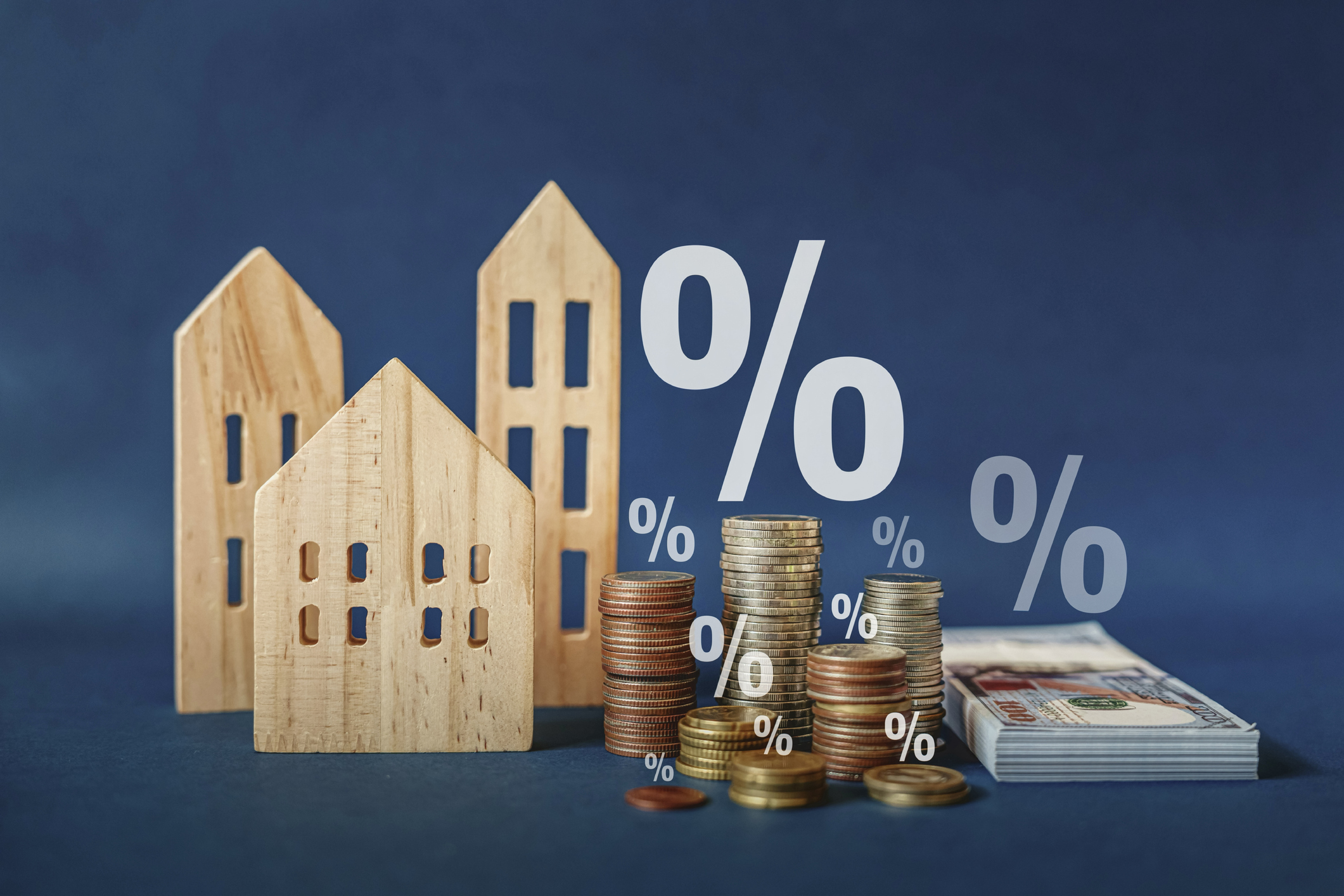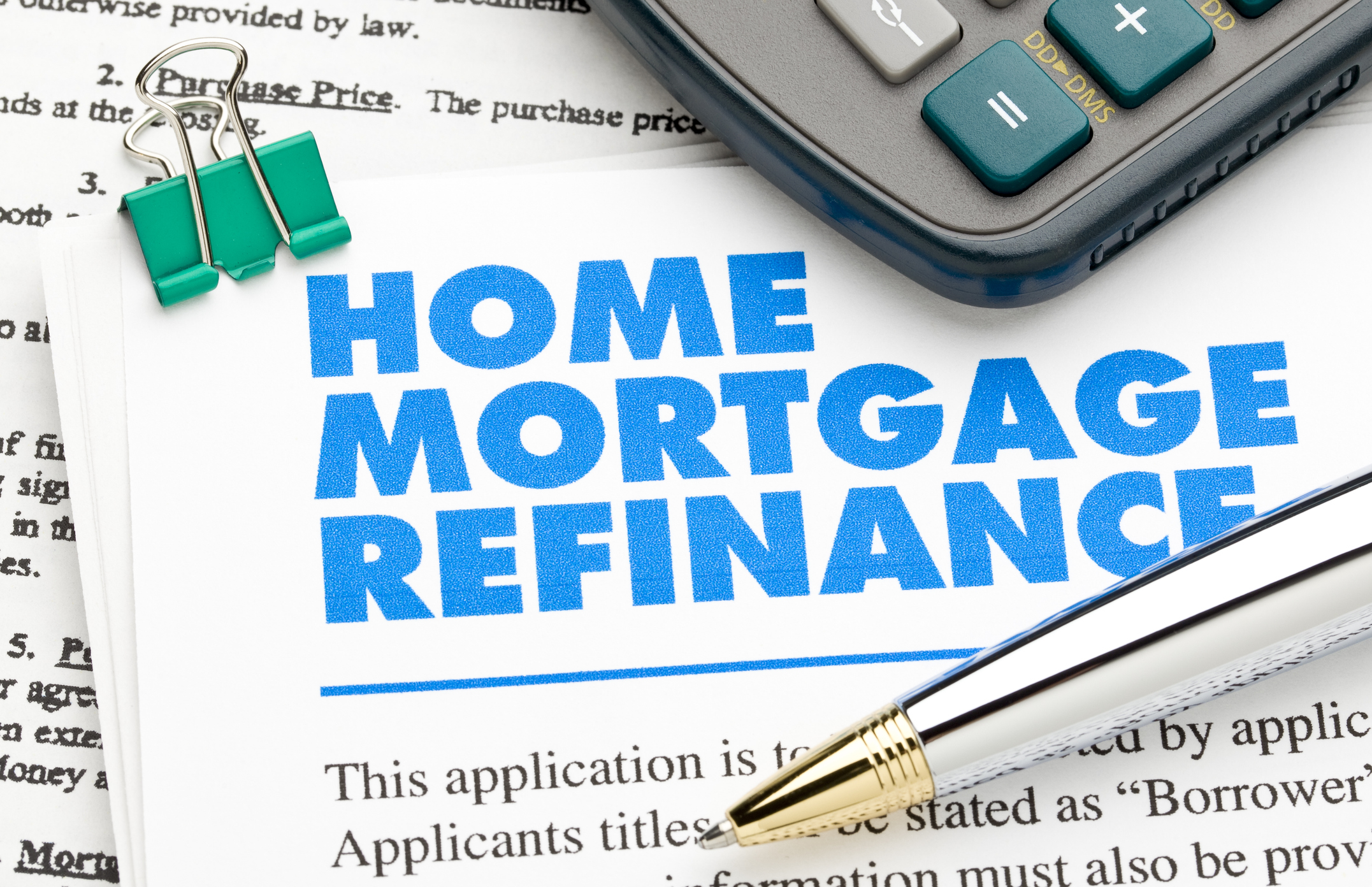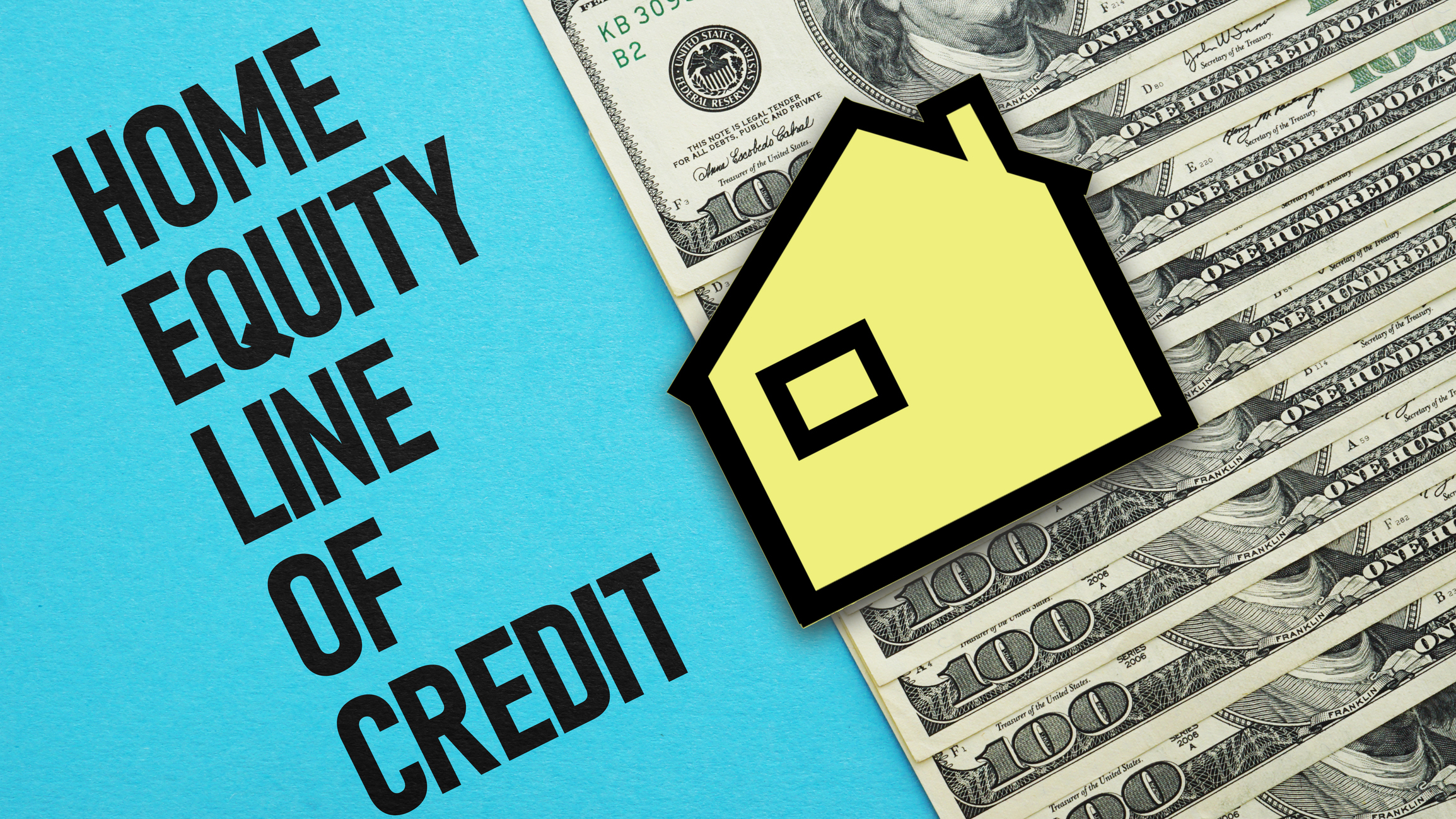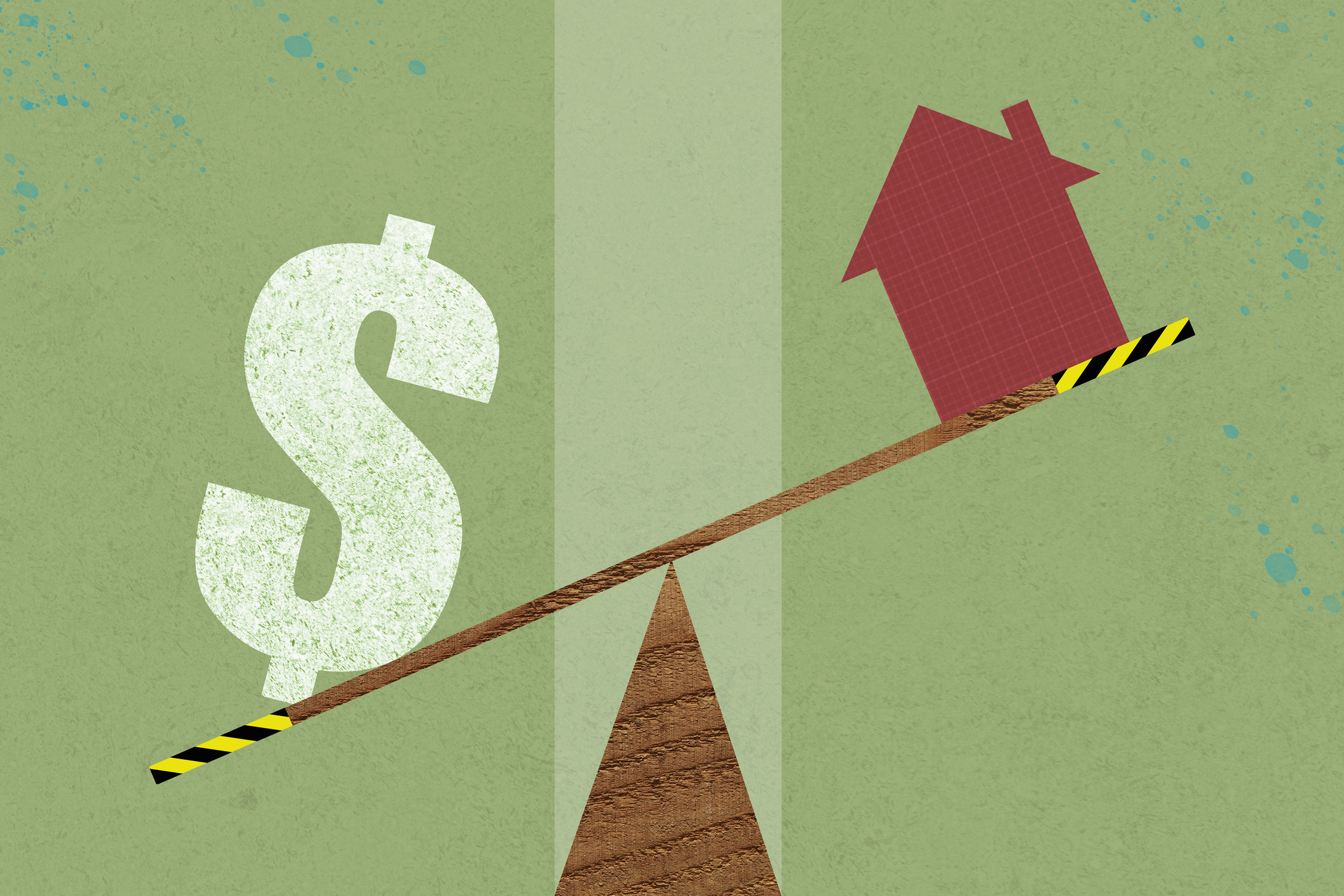How to Search For Foreclosures Near You: Best Websites for Listings
Looking for a foreclosed home or investment property? These top free, paid and government sites make it easier to search listings near you.

Donna LeValley
Profit and prosper with the best of Kiplinger's advice on investing, taxes, retirement, personal finance and much more. Delivered daily. Enter your email in the box and click Sign Me Up.
You are now subscribed
Your newsletter sign-up was successful
Want to add more newsletters?

Delivered daily
Kiplinger Today
Profit and prosper with the best of Kiplinger's advice on investing, taxes, retirement, personal finance and much more delivered daily. Smart money moves start here.

Sent five days a week
Kiplinger A Step Ahead
Get practical help to make better financial decisions in your everyday life, from spending to savings on top deals.

Delivered daily
Kiplinger Closing Bell
Get today's biggest financial and investing headlines delivered to your inbox every day the U.S. stock market is open.

Sent twice a week
Kiplinger Adviser Intel
Financial pros across the country share best practices and fresh tactics to preserve and grow your wealth.

Delivered weekly
Kiplinger Tax Tips
Trim your federal and state tax bills with practical tax-planning and tax-cutting strategies.

Sent twice a week
Kiplinger Retirement Tips
Your twice-a-week guide to planning and enjoying a financially secure and richly rewarding retirement

Sent bimonthly.
Kiplinger Adviser Angle
Insights for advisers, wealth managers and other financial professionals.

Sent twice a week
Kiplinger Investing Weekly
Your twice-a-week roundup of promising stocks, funds, companies and industries you should consider, ones you should avoid, and why.

Sent weekly for six weeks
Kiplinger Invest for Retirement
Your step-by-step six-part series on how to invest for retirement, from devising a successful strategy to exactly which investments to choose.
Buying a foreclosed home these days is tricky, especially in the most expensive cities. This is due to the many ups and downs in the U.S. property market over the past decade, from a COVID-driven real estate boom, to rising interest rates and persistent inflation. Let’s take a closer look.
Finding a foreclosed home
There are opportunities in the uncertainty. Periods of high inflation and rising living costs can lead to more foreclosures, short sales and lenders reclaiming from buyers who can’t meet their repayments.
This unfortunately means hardship for some. Conversely, a foreclosed home is potentially an investment for a willing buyer.
From just $107.88 $24.99 for Kiplinger Personal Finance
Become a smarter, better informed investor. Subscribe from just $107.88 $24.99, plus get up to 4 Special Issues

Sign up for Kiplinger’s Free Newsletters
Profit and prosper with the best of expert advice on investing, taxes, retirement, personal finance and more - straight to your e-mail.
Profit and prosper with the best of expert advice - straight to your e-mail.
It should be noted that while foreclosure activity across the United States dropped in 2024, it increased by 6% in the first six months of 2025, as per real estate data firm, ATTOM.
There may also be more people in the buying market now with many Americans working remotely. For those seeking the cheapest places to live, foreclosed homes represent an opportunity to purchase a property for a lower price than you'll find elsewhere.
Let’s get into some numbers.
Foreclosure figures across the U.S.
According to ATTOM, the states that saw the greatest increases in foreclosure activity in the first half of 2025 included Alaska (up 55%), Rhode Island (up 51%), Wyoming (up 46%); Utah (up 46%) and Colorado (up 41%).
It's perhaps also worth noting that the five states on the same list a year ago were New Jersey, Illinois, Florida, Maryland and Ohio.
Wherever you’re buying, it’s important to weigh up some of the pros and cons, and whether you can buy cheap to sell above the market value.
The benefits and drawbacks of buying a foreclosure home
In today's competitive and high-priced real estate market, a foreclosed home might seem appealing.
There are several questions to consider first.
Benefits
Lower costs: The biggest advantage of choosing a foreclosed home is a lower sale price.
Financing flexibility: Similar to a regular home, you can pursue the usual types of mortgage financing when it comes time to buy a foreclosed home. These sales also have a normal closing period.
Bargaining power: Because banks and lenders want to sell foreclosed homes as quickly as possible, they often make concessions such as lowering the price, paying the real estate agent’s commission, shortening the escrow length, reducing closing costs and the down payment.
Condition and title knowledge: The title will be clear, and you can get the usual inspections.
Drawbacks
Additional liens: With a foreclosed home it’s more important than usual to buy title insurance. Even if the bank or lender owns the property, this isn’t a guarantee that the title is clear of liens.
Liens apply to a property and not the person who owes the debt, so buying a house with a lien against it will mean you now owe the debt.
However, a lien might also be a bargaining chip, potentially allowing you to negotiate a much lower sale price.
You have to wait for the owners to move out: In judicial foreclosure, the former owner is generally evicted as part of the court judgment. But in nonjudicial foreclosure, the lender or purchaser of the home might have to get a separate Notice to Quit or file eviction proceedings.
Right of redemption: Each state has different foreclosure laws and in some cases the original owners have months to buy back the home uncontested.
This right exists up to the point of sale in all states and even for a period after auction in some states. In these areas, the previous homeowner can legally remain in the property during the right-of-redemption period.
You're buying the home as is: While plenty of foreclosed homes are in good condition, some homeowners struggling with their finances may have delayed making necessary repairs.
Properties that have been abandoned may have leaks, problems with mold and vandalism. It’s important to have some money set aside to make these repairs.
Find free foreclosure listings near you
Seeking foreclosure homes near you? Foreclosure laws vary by state. Check with your county, town or city. They may have local foreclosure websites or other means of listing local foreclosures and REO properties.
There’s also a wide range of online resources for finding foreclosures, including most larger banks. Here are a few:
Equator.com. Equator offers free listings of homes in foreclosure, alongside short sales, open-market listings and properties available through the Hubzu auction process. Select the "buy" menu, then click on "foreclosure homes."
HomePath.com. Owned by the Federal National Mortgage Association (known as Fannie Mae), HomePath.com offers free listings of thousands of homes in foreclosure being sold by Fannie Mae.
HomeSteps.com. This site is owned by the Federal Home Loan Mortgage Corporation (also called Freddie Mac). It lists homes in foreclosure that Freddie Mac is selling to investors or potential home buyers.
Zillow Foreclosure Center. The popular website used by home sellers and buyers alike has its own search site for foreclosure listings. You can fashion your own method of searching, filtering by cost or location.
Realtor.com Foreclosures. Focus your search using a zip code and/or city. And while we're on the subject of realtors, check with local real estate companies and their agents directly to search for foreclosed homes. Many offices have realtors who specialize in this area.
Bank of America-owned properties and foreclosures. This site allows users to search for real estate-owned or bank-owned foreclosed properties, by zip code or other methods.
Unlock more listings with these paid foreclosure sites
RealtyTrac. After a 30-day trial for $1.00, it’s $49.60 a month, with discounts on multi-month packages. Members get access to RealtyTrac’s proprietary information, including auction dates and locations, pre-foreclosure addresses, owner information, bank loan amounts and more.
Foreclosure.com. After the free 7-day trial, it’s $39.80 per month. Subscribers receive detailed information on the listed properties, tax roll data, files provided by the lender, local school districts and other listing details.
Explore government sites for foreclosed properties
HUD.gov. Potential investors and other home buyers can find one to four-unit residential properties that the Department of Housing and Urban Development acquired from foreclosure actions on FHA-insured mortgages.
USDA-RD/FSA Properties. The United State Department of Agriculture-Rural Development and the USDA-Farm Service Agency list properties on this website. Here, you’ll find a small number of single and multi-family homes, farms and ranches. Buyers should contact the local USDA-RD office for more information on the property and how to buy it.
IRS Seizures. This Internal Revenue Service website is a portal for finding homes and other property seized by the tax agency for nonpayment of federal taxes.
Related Content
Profit and prosper with the best of Kiplinger's advice on investing, taxes, retirement, personal finance and much more. Delivered daily. Enter your email in the box and click Sign Me Up.

Bob was Senior Editor at Kiplinger.com for seven years and is now a contributor to the website. He has more than 40 years of experience in online, print and visual journalism. Bob has worked as an award-winning writer and editor in the Washington, D.C., market as well as at news organizations in New York, Michigan and California. Bob joined Kiplinger in 2016, bringing a wealth of expertise covering retail, entertainment, and money-saving trends and topics. He was one of the first journalists at a daily news organization to aggressively cover retail as a specialty and has been lauded in the retail industry for his expertise. Bob has also been an adjunct and associate professor of print, online and visual journalism at Syracuse University and Ithaca College. He has a master’s degree from Syracuse University’s S.I. Newhouse School of Public Communications and a bachelor’s degree in communications and theater from Hope College.
- Donna LeValleyRetirement Writer
-
 Where's the Best Place to Save for a House Down Payment?
Where's the Best Place to Save for a House Down Payment?Learn how timing matters when it comes to choosing the right account.
-
 We want our RMDs to fund a vacation with our kids and grandkids.
We want our RMDs to fund a vacation with our kids and grandkids.An extended family vacation can be a fun and bonding experience if planned well. Here are tips from travel experts.
-
 The Roth Conversion Bandwagon is Rolling: Should You Jump On?
The Roth Conversion Bandwagon is Rolling: Should You Jump On?Roth conversions are all the rage, but what works well for one household can cause financial strain for another. This is what you should consider before moving ahead.
-
 Is the Housing Market's 'Lock-In Effect' Finally Starting to Ease?
Is the Housing Market's 'Lock-In Effect' Finally Starting to Ease?As mortgage rates stabilize and fewer owners hold ultra-low loans, the lock-in effect may be losing its grip.
-
 What to Watch for When Refinancing Your Home Mortgage
What to Watch for When Refinancing Your Home MortgageA smart refinance can save you thousands, but only if you know how to avoid costly pitfalls, calculate true savings and choose the right loan for your goals.
-
 Builders Are Offering Big Mortgage Incentives — What Homebuyers Should Watch For
Builders Are Offering Big Mortgage Incentives — What Homebuyers Should Watch ForBuilder credits and below-market mortgage rates can ease affordability pressures, but the savings often come with trade-offs buyers should understand before signing.
-
 Trump Signals Plan to Ban Institutional Investors From Buying Single-Family Homes
Trump Signals Plan to Ban Institutional Investors From Buying Single-Family HomesThe president says the move could improve housing affordability. Here’s what the data show about investor ownership, recent buying trends and what it could mean for homebuyers.
-
 How Much Income You Really Need to Afford a $500,000 Home
How Much Income You Really Need to Afford a $500,000 HomeAs home prices increase, the income needed for a house is also climbing. We break down what you need to earn to afford a $500,000 home.
-
 How Much Would a $50,000 HELOC Cost Per Month?
How Much Would a $50,000 HELOC Cost Per Month?Thinking about tapping your home’s equity? Here’s what a $50,000 HELOC might cost you each month based on current rates.
-
 Should You Tap Your Home Equity Before 2026?
Should You Tap Your Home Equity Before 2026?As borrowing rates and tax law shifts converge, here's what homeowners need to know before pulling equity out of their home.
-
 Could Tax Savings Make a 50-Year Mortgage Worth It?
Could Tax Savings Make a 50-Year Mortgage Worth It?Buying a Home The 50-year mortgage proposal by Trump aims to address the housing affordability crisis with lower monthly mortgage payments. But what does that mean for your taxes?